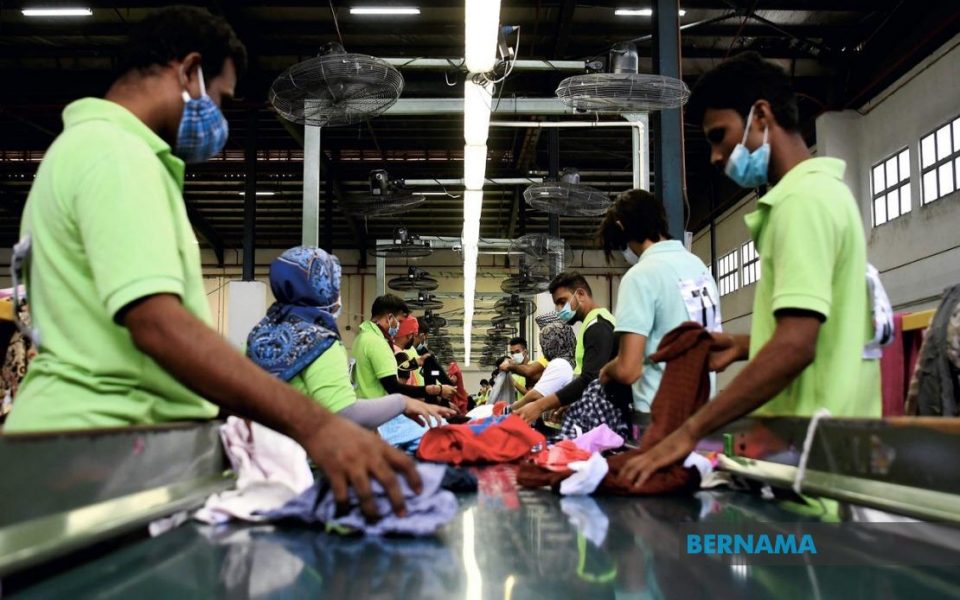KUALA LUMPUR, July 20 — The Malaysian government should continue its efforts to revitalise the economy and increase the country’s competitiveness, said the International Institute for Management Development (IMD).
Its head of competitiveness centre, Arturo Bris said there are many uncertainties that are beyond the control of the central government including inflationary pressures emanating from abroad, rising energy prices, the risk of recession not only in the United States but globally, and the repercussions of the Russia-Ukraine conflict, which has impacted not only Malaysia but also other countries.
“Malaysia’s economic transformation over the past several decades lacked a clear focus, as the country attempted to promote every sector of the economy: manufacturing and services, exports and metallurgy, automobiles and computer chip production.
“The nation requires reforms aimed at specialising in its strengths; ensuring that the education system prepares students for future jobs and preventing brain drain, implementing digital transformation in businesses and advancing in all aspects of digitisation, from infrastructure to innovation,” he told Bernama.
Commenting on the IMD Competitiveness Ranking 2022, which saw Malaysia’s overall ranking in the latest World Competitiveness Ranking (WCR) drop to 32nd from 25th, Bris said while the nation has partially recovered, other nations have done so much more quickly.
“For example, Malaysia’s per capita gross domestic product grew 2.82 per cent, which would be excellent in a normal year, but it is below the average of our group of 63 countries of which, some have experienced growth rates of over 10 per cent.
“In any case, Malaysia ranks lower in each of our four factors, reflecting a more pessimistic outlook among executives,” Bris said.
The WCR is based on 333 competitiveness criteria selected as a result of comprehensive research using economic literature, international, national and regional sources and survey responses from the business community, government agencies and academics.
The survey showed the extent inflationary pressures are impacting businesses and in turn, the competitiveness of national economies.
Bris highlighted that Malaysia’s exposure to inflationary pressures and global disruptions in the supply chain was due to imported goods, so the quality of government policies differentiates economies with respect to Covid-19.
According to the Department of Statistics’ monthly external trade data, Malaysia’s import volume increased 0.7 per cent in May 2022 compared to the previous month, led by the country’s food purchases from other countries.
Import prices, as measured by the import unit value index, increased 2.9 per cent in May 2022 compared to the previous month.
The import unit value and volume indices increased by 12.9 per cent and 21.7 per cent annually, respectively.
“The most recent pandemic waves and subsequent lockdowns in several Southeast Asian economies explain why Asean economies have lost global competitiveness relative to, for instance, European economies.
“As the country reopens and markets resume, Malaysia will also recover,” he noted.
— Bernama





